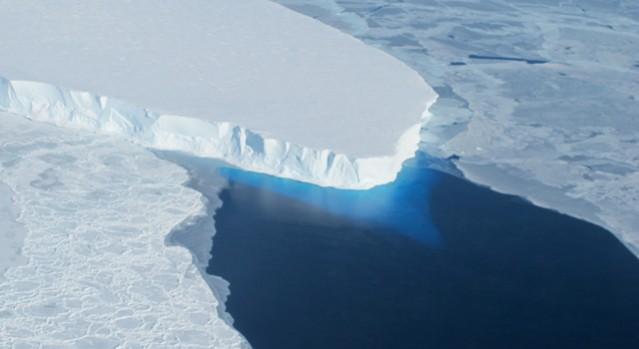
The harmful effects of climate change on the world's oceans will trigger a dramatic decline in global fisheries output if the current warming trend is left unchecked, a new study has suggested.
Using computer models, researchers from the University of California, Irvine, predicted that the world's fisheries will be 20 per cent less productive on average by the year 2300 if human-induced climate change is not addressed.
This bleak future will be characterized by mean surface air temperatures that are 9.6C higher than at present, melting nearly all the ice in the polar regions.
US researchers said these conditions will cause changes in the growth of phytoplankton, which are tiny plants that form the base of food chains in the world's oceans.
Currently, phytoplankton is brought up to the surface around Antarctica before being carried into the low latitudes to support the marine ecosystems there.
However, if unbridled global warming is allowed to continue for another three centuries, more and more nutrients would sink to the deep ocean from the upper ocean, out of the reach of marine animals that live near the surface.
The net effect is a steep drop in global fisheries yield by the year 2300, including up to a 60% fall in the North Atlantic.
"The climate is warming rapidly now, but in the ocean, most of that added heat is still right at the surface," explained Keith Moore, professor of earth system science at the University of California.
"It takes centuries for that heat to work its way into the deeper ocean, changing the circulation and removing the sea ice, which is a big part of this process.
"This is what's going to happen if we don't put the brakes on global warming, and it's pretty catastrophic for the oceans," he said.
"There is still time to avoid most of this warming and get to a stable climate by the end of this century, but in order to do that, we have to aggressively reduce our fossil fuel use and emissions of greenhouse gas pollutants."
Moore added that it is important to produce long-term computer climate models like his team had done, as models that only run up to the end of the current century are insufficient to judge the effect of climate change on the world's oceans.
The study is published in the journal Science.















